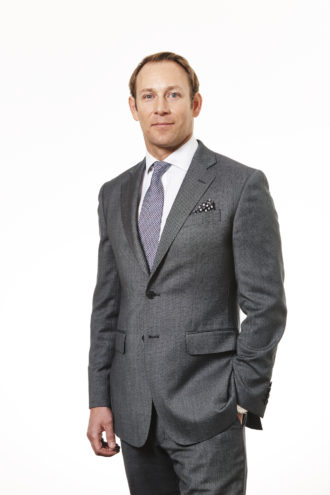Having spent a disproportionate amount of time trying to work out if the proposed publication date of this piece means I ought to be wishing you a Merry Christmas or a Happy New Year or both or neither, I eventually realised I was overlooking the far greater priority. This is the final column I will actually write for you in 2014 so all I need concern myself with is being rude about forecasts and forecasters.
Not the most challenging of tasks, I concede, but traditions are important – particularly at this time of year, by which of course I mean the time of year I am writing this, if not necessarily the time of year you are reading it. Furthermore, I am hardly going to pass up the open goal presented to me by David Cameron’s decision in mid-November to dabble in the murky world of economic prediction.
You may well remember the Prime Minister reported back from his first look into his macro crystal ball with some pretty bleak tidings – worrying talk of “red warning lights flashing on the dashboard of the global economy”, “a dangerous backdrop of instability and uncertainty” and the looming possibility of “a second global crash”.
This, as you may yourself have remarked at the time, is a common mistake of the beginner prophet – going all Old Testament (albeit, unusually, by way of The AA Handbook) – rather than keeping things low-key and building in a margin of error of a few percentage points either way. Also, people rarely respond well to “I told you so” – but it especially grates in the wake of economic Armageddon.
Ultimately the Prime Minster’s thoughts are likely to be only the most high-profile of a flood of endof- year prognostications from people who have conveniently forgotten their confident predictions of 12 months ago that, say, the major government bonds would fall off a cliff, the overvalued US market was due a big correction or there were no more skeletons left in the UK banks’ surprisingly roomy closet.
Please do not misunderstand me – I am not complacent about the potential for bad news in 2015 or any other year. I just see little point in getting excited about economic forecasts – except, of course, when I need to fill up space in the publications and websites I myself edit because they are really, really useful for that.
So by now – and in no small measure thanks to journalists such as me – you will have ploughed your way through reams of financial astrology and reached the single inescapable conclusion that, over the course of the year ahead, things will happen, some of which will be good and some will be bad.
Then, as you position your portfolios, you will hopefully recall the far more helpful words of London Business School professor Elroy Dimson: “Risk means more things can happen than will happen.” Oh and please do have (or have had) a Merry Christmas or a Happy New Year. Or both. But not neither.
Julian Marr is editorial director of Adviser-Hub and co-author of ‘Investing in emerging markets – the BRIC economies and beyond’




Comments